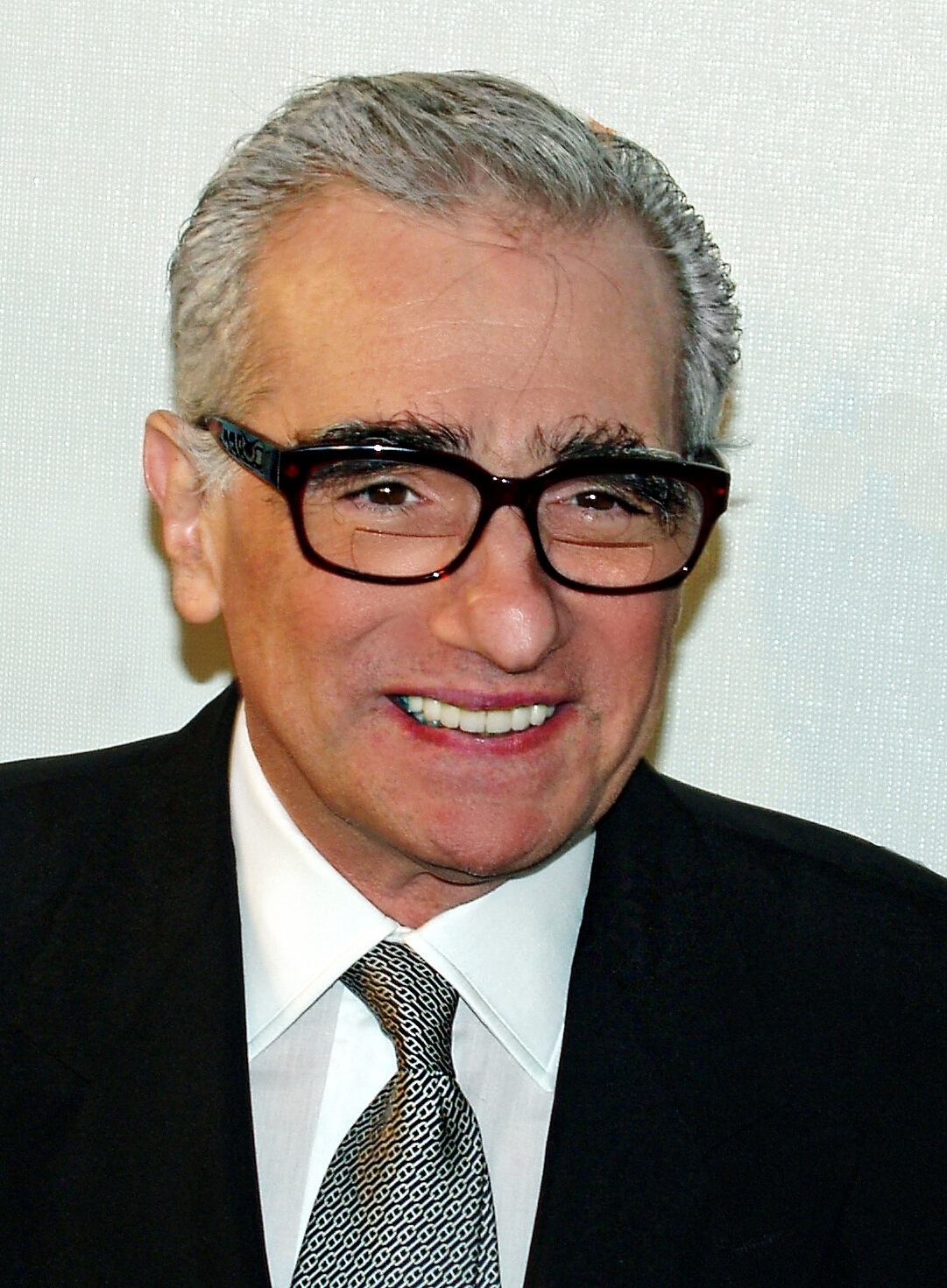But last night, one event truly stood out as a validation of the idea that fair play is more than a good idea, equality more than a polite notion -- even in Hollywood.
When the trio of old friends Francis Coppola, George Lucas and Steven Spielberg stood at the podium in the Kodak Theater, and Spielberg announced Martin Scorsese was the winner for Best Director, it was -- finally! -- the academy's validation of what moviegoers have known for a long time, possibly since the death of Stanley Kubrick, certainly since the passing of Robert Altman: Martin Scorsese is our greatest living American director, a man at the top of his game.
 The Calvin Kleined, Christian Lacroixed crowd at the Kodak knew it too. The Oscars are all about glitter and ceremony, but when Steven Spielberg said his name, the audience broke into spontaneous whistles and shouts, breaking with a 79-year history of decorum. You'da thought this was the Golden Globes, for Christsake.
The Calvin Kleined, Christian Lacroixed crowd at the Kodak knew it too. The Oscars are all about glitter and ceremony, but when Steven Spielberg said his name, the audience broke into spontaneous whistles and shouts, breaking with a 79-year history of decorum. You'da thought this was the Golden Globes, for Christsake.The man who was fast becoming the Susan Lucci of the Academy Awards, cracked wise -- “Could you double-check the envelope?” -- but his characteristic good humor was leavened with graciousness.
“I’m so moved,” he said. “So many people over the years have been wishing this for me. Strangers — I go into doctors’ offices, elevators, I go for an X-ray — they say, ‘You should win one.’ ”
More than twenty-five years after his first nomination – for “Raging Bull,” which should have won him an Oscar, but let’s not go there yet – and six after that, Scorsese finally brought home a Golden Dude.
Viewers of the Oscar ceremony should have known something was up even before Scorsese won. In the runup to the Best Director award, Jack Nicholson stood at the edge of the stage, head smooth as a billiard ball, the actor looking like a raffish version of Daddy Warbucks. Nicholson, who played the Boston crime boss Frank Costello in “The Departed,” was one of the first to embrace Scorsese as he walked off.
It was proof that Oscar plays by rules all his own. It’s generally accepted that Scorsese should have won for “Raging Bull,” or certainly for “Goodfellas,” as good a multigenerational crime story as any American director has ever produced, or surely for “Gangs of New York,” a sweeping epic of the Irish experience in America that powerfully explains one of the ways modern America became modern America.
Some in the entertainment press have already said that “The Departed” isn’t Scorsese’s strongest work, even as they conceded that, by some acclimation, Scorsese should have won precisely because he’d been rejected so often in the past.
But Oscar’s pulled this kind of thing before. Russell Crowe was widely considered a lock for “A Beautiful Mind,” the story of the brilliant but tormented Nobel Prize-winning mathematician John Nash. It was his in a walk. But in the months and weeks before the 2003 Oscars, Crowe, a man of volcanic temper, was the principal in some highly-publicized dustups with ordinary people. A fight here, a scuffle there … when the smoke cleared and the Oscar for Best Actor was awarded, it went to Denzel Washington, whose portrayal of an erratic undercover cop in “Training Day” was a solid performance but generally considered not Washington’s best. But some wags felt that Washington was overlooked for his role in “Crimson Tide” or his riveting star turn in “Malcolm X.”
Al Pacino, snubbed by Oscar for his roles in all of the classic “Godfather” films, finally won for his role as a blind ex-Army officer in “Scene of a Woman.”
And so it goes. Scorsese’s late victory confirms how unpredictable Oscar can be sometimes, but also how, in the wider calculus of Hollywood karma, what goes around comes around (eventually).
Cheers, then, to Marty, a gracious and good fella – maybe the very best we have working behind the camera.
-----
Image credit: Martin Scorsese by David Shankbone, (permission to use granted under GNU Free Documentation License, v1.2)






